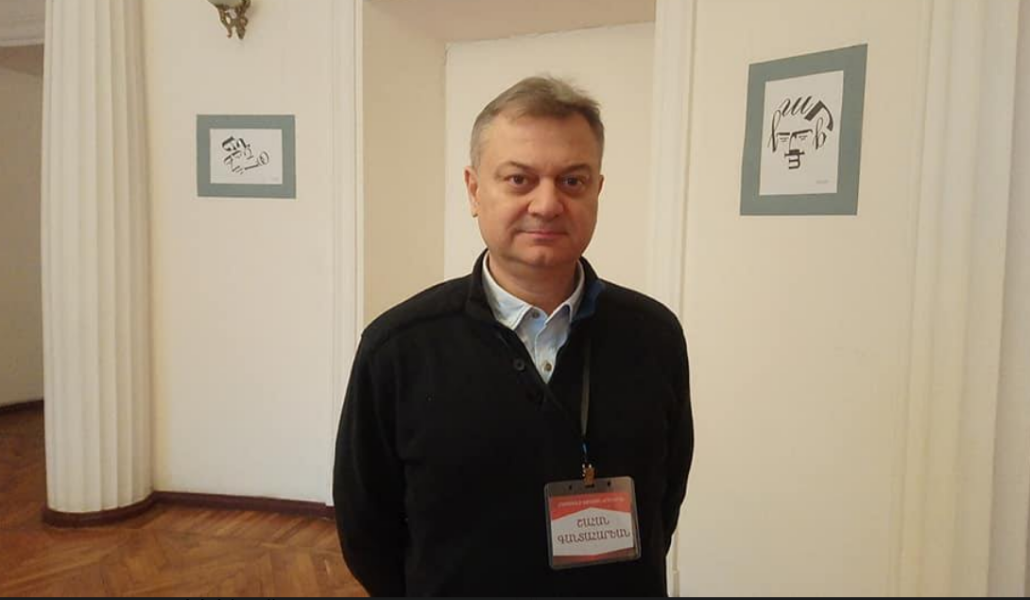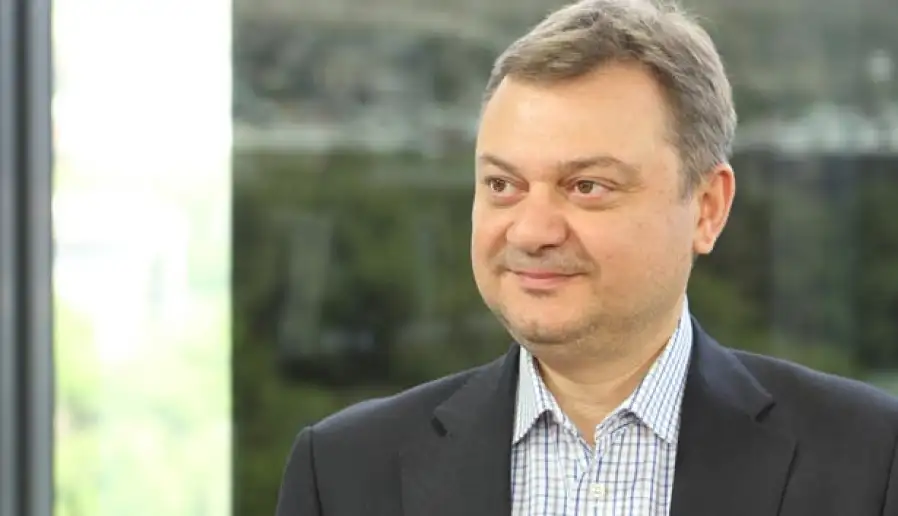Radar Armenia's interlocutor is international affairs expert Shahan Gandaharian.
- Donald Trump had phone conversations with the presidents of Russia and Ukraine, after which he stated that both want peace to be established. In your opinion, are we close to the end of the Russian-Ukrainian war?
- The phone conversation was expected. However, the end of the war is not in sight. The conflicting parties are putting forward difficult conditions for establishing a ceasefire. There will be negotiations, and the United States will have to negotiate instead of Ukraine. This is clear.
- Trump also spoke about Ukraine's possible membership in NATO, noting that it is unlikely and impractical. What does this mean?
- This statement prepares the ground for negotiations, a step toward de-escalation. Consider pausing for recalculations. The geopolitical situation in the region will not change radically.
- And what did US Defense Secretary Hegseth's statement mean? Do strategic realities not allow the United States to be the main guarantor of Europe's security, and is the US focusing on containing China? Will we witness a new hotbed of tension?
- The motives are economic, which is characteristic of Trump's case. Europe is presented as a pole for the US, and the statements go in the direction the US wants to unload itself from Europe. The economic war is against China. If, in military-political terms, the US's unipolarity is significant, then at the financial level, the world order is bipolar. However, the poles are interdependent within the framework of the economic Cold War.
- Naturally, we are also interested in the consequences for our region.
- The normalization of US-Russian relations will affect the region in the long run. However, this is a long process, and contrary to some statements, there will be no abrupt turning point. Until then, Russia is gradually withdrawing from the region.
Arman Galoyan


















